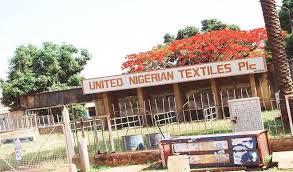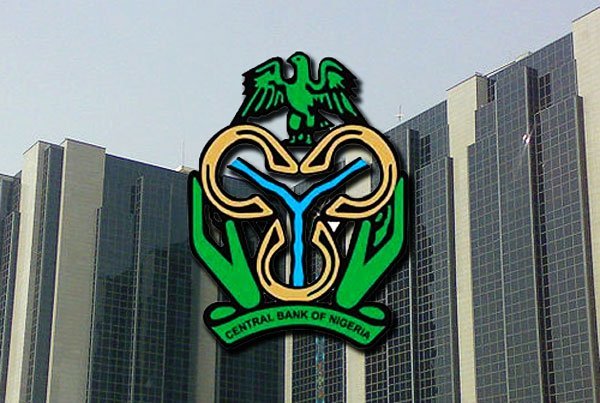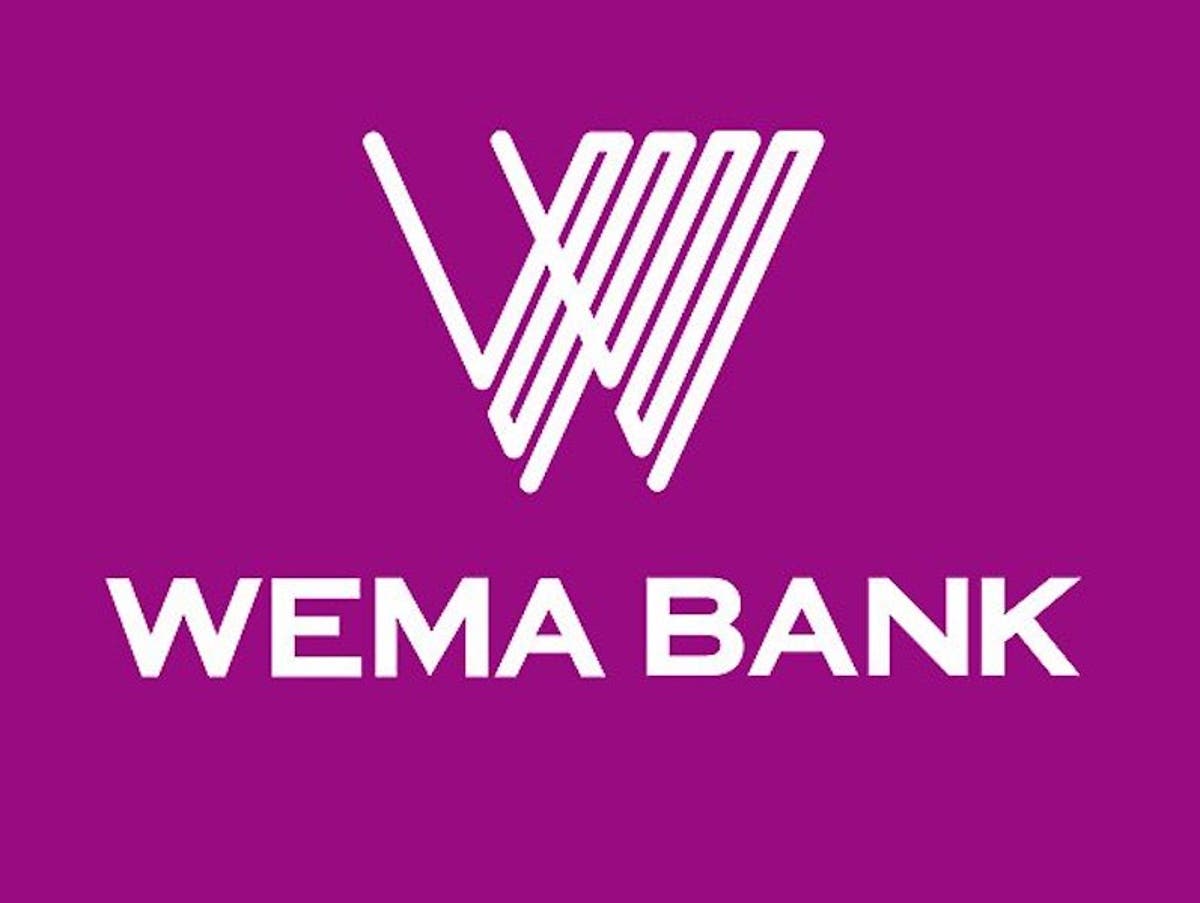CBN forex restriction on textile lacked business intelligence, background—Expert
Less than one week after the Central Bank of Nigeria (CBN) unilaterally forced textile and allied materials into the overflowing basket of foreign exchange restrictions, more facts are beginning to emerge.
Whereas there are strong indications that the Governor of CBN, Godwin Emefiele had been under intense pressure not to avoid placing the restriction ahead of the meeting with Cotton production stakeholders, emerging facts have revealed that even the supposed premise upon which he ought to have relied to place the ban does not exist after all.
Part of the said pressure was the viral rumour that he has been given a memo from the presidency to proceed on terminal leave. So speculations were rife that he made the restriction announcement to run away from getting the real memo which up till now, the presidency never commented on.
A development economist, Dr. Ken Igboanugo in an interview revealed that by his checks, all the terms and conditions ordinarily that should have been met before such restriction are not in place meaning that the move may become counterproductive at the long run.
He said “If four years after the Federal Government approved a national policy on Cotton, Textile and Garment (CTG), Nigeria is yet to meet any of the targets set in the policy; there is no basis for the inclusion of textile on the list of 44 items on forex restriction list”.
“Recall that in 2015, government through the Ministry of Industry, Trade and Investment, launched the National Cotton, Textile and Garment Enterprise Policy to stimulate the textile industry.
“But still not meeting any of the targets, the Central Bank of Nigeria (CBN) went ahead to announce forex ban for textile importers which means putting the cart before the horse.
He queried if it is possible to help bolster the local textile industry which is yet to even retool its machineries?
According to him, “The policy initially aimed at developing the local textile industry was launched under Olusegun Olutoyin Aganga as the then Trade Minister four years ago so as to create an environment to encourage textile production in the country and limit importation.
“The policy document projected savings of $2 billion in foreign exchange through import substitution, increase in the level of direct employment in the sector from the then 24,000 workers to 50,000 workers by the end of 2015 and to 100,000 workers by 2017.
Dr Igboanugo decried that “These targets have not been achieved even by 2019 and an action that should follow if the terms are met is put in place”.
He further added that the policy also targeted an increase in seed cotton production in the short-term from 200,000 metric tonnes to 500,000 metric tonnes by the end of 2015 and indirect employment expected to increase from the current level of 650,000 people to 1 million people by 2015, and 1.3 million people by 2017.
However, the CBN boss was quick to announce plans to provide incentives to cotton farmers and textile investors even as the ban on forex lasts.
Dr Igboanugo said with the pseudo ban on textile, several SMEs that had been surviving on fashion designing and related jobs will be out of work as prices of materials will hit the rooftop.
According to him, “Like what happened to both cement and tomato paste sub sectors, government or the CBN would have waited for textile backward integration to rise to an appreciable extent before imposing the forex restriction”.









